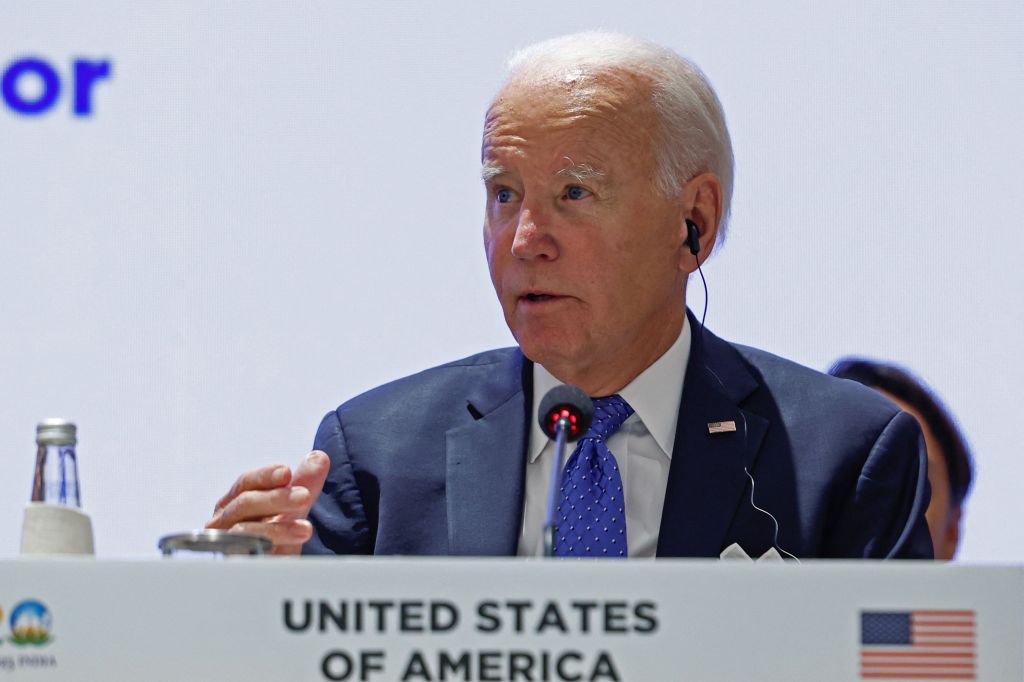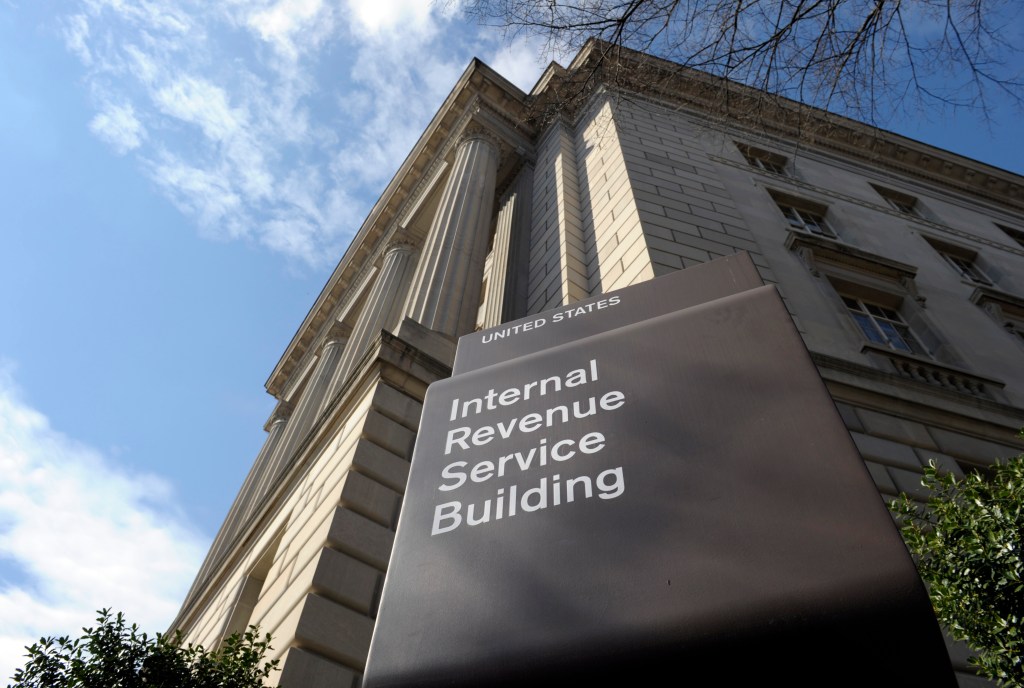IRS sets its sights on millionaire tax cheaters with help of AI
The IRS announced it will start targeting thousands of uber-wealthy tax cheats and make them poney up hundreds of millions of dollars in the coming months.
The federal agency said it plans to aggressively hunt down 1,600 millionaires and 75 large business partnerships that routinely “cut corners” on their taxes.
“If you pay your taxes on time it should be particularly frustrating when you see that wealthy filers are not,” IRS Commissioner Daniel Werfel said.
Each of the millionaire tax dodgers that the IRS set its sights on owes a minimum of at least $250,000 each in back taxes, while the partnerships have assets of roughly $10 billion on average.
The IRS is planning to hire an undisclosed number of revenue agents to focus on the high-end collection cases so that the new initiative can start rolling in October this year.
The crackdown represents the next phase of an offensive pursuit that the Biden Administration launched earlier this summer — in July, the IRS said it collected $38 million in delinquent taxes from more than 175 high-income taxpayers in the span of a few months.
According to Werfel, the initiative is being propelled by a massive boost in federal funding from the Inflation Reduction Act, which aims to generate tax revenue for the nation.
The agency is also being added by artificial intelligence tools that can detect tax-cheating tactics that might be indiscernible to the human eye.
“New tools are helping us see patterns and trends that we could not see before, and as a result, we have higher confidence on where to look and find where large partnerships are shielding income,” Werfel said.

A team of academic economists and IRS researchers in 2021 found that the top 1% of U.S. income earners fail to report more than 20% of their earnings to the IRS.
With additional support and funding, the IRS will continue to hunt larger and wealthier tax dodgers in the coming years.
As part of the initiative, the agency promised that citizens earning less than $400,000 a year will not see an increase in their audit rates.

“This new compliance push makes good on the promise of the Inflation Reduction Act to ensure the IRS holds our wealthiest filers accountable to pay the full amount of what they owe,” said Werfel.
“The years of underfunding that predated the Inflation Reduction Act led to the lowest audit rate of wealthy filers in our history.”
With Post Wires
Read the full article Here


